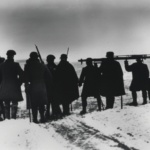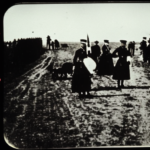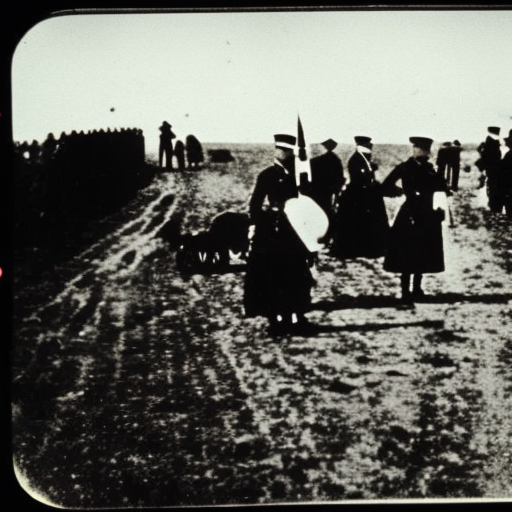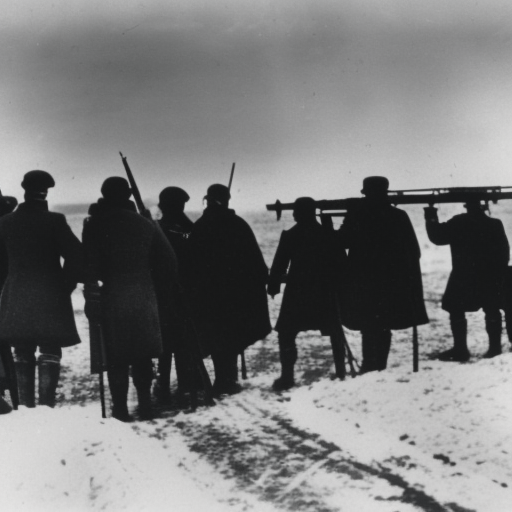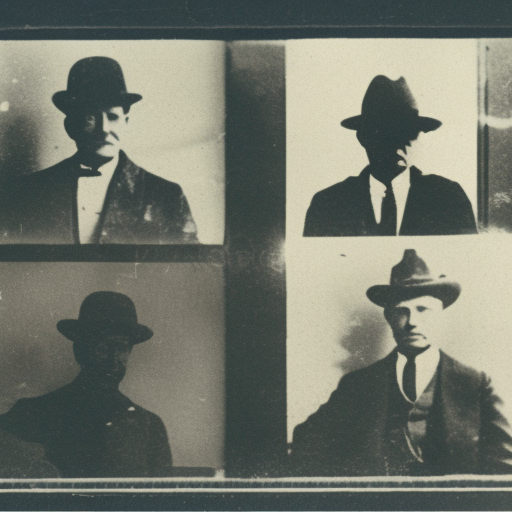The Franco-Prussian War (1870-1871)
The Franco-Prussian War was a conflict between the French Empire and the Kingdom of Prussia, which ultimately led to the unification of Germany. It began on July 19, 1870, and ended on May 10, 1871, with the signing of the Treaty of Frankfurt.
Causes of the War
The war was primarily sparked by the ambitions of Prussian Chancellor Otto von Bismarck to unify the German states under Prussian leadership. Bismarck sought to exploit the weakening French Empire under Napoleon III to achieve this goal. The immediate cause of the war was the candidacy of a German prince, Leopold of Hohenzollern-Sigmaringen, for the Spanish throne, which threatened French interests.
Outbreak of War
France, fearing encirclement by a powerful German state, demanded that Leopold withdraw his candidacy. When the Prussian King Wilhelm I refused to comply, France declared war on Prussia. The French expected a swift victory, but they were ill-prepared and underestimated the strength and efficiency of the Prussian military.
Prussian Military Superiority
The Prussian army, led by General Helmuth von Moltke, quickly mobilized and launched a series of successful offensives against the French. The Prussians utilized their superior organization, modern weaponry, and efficient railway system to quickly move troops and supplies. They also had a well-trained and disciplined army, while the French forces were plagued by poor leadership, outdated tactics, and logistical problems.
Battles and Sieges
The war witnessed several significant battles and sieges. The Battle of Sedan on September 1, 1870, resulted in a decisive Prussian victory and the capture of Napoleon III. This defeat led to the collapse of the French Empire and the proclamation of the Third French Republic. The Prussians then laid siege to Paris, which lasted from September 1870 to January 1871. The city finally surrendered after suffering from food shortages and bombardment.
End of the War
With the fall of Paris, the French government sought an armistice. Negotiations took place in Versailles, resulting in the signing of the Treaty of Frankfurt on May 10, 1871. The treaty forced France to cede the provinces of Alsace and Lorraine to Germany and pay a large indemnity. It also led to the establishment of the German Empire, with Wilhelm I as its emperor.
Consequences
The Franco-Prussian War had significant consequences for both France and Germany. For France, it was a humiliating defeat that led to a period of political instability and a desire for revenge. The loss of Alsace and Lorraine created a lasting sense of resentment towards Germany. In contrast, the war solidified Prussia’s dominance in Germany and paved the way for the unification of the German states under Prussian leadership.
Impact on Europe
The war had a profound impact on the balance of power in Europe. The emergence of a unified Germany upset the existing balance and challenged the dominance of other European powers, particularly France and Austria-Hungary. It also contributed to the growing tensions and rivalries that would eventually lead to World War I.
In conclusion, the Franco-Prussian War was a conflict that resulted from the ambitions of Prussian Chancellor Otto von Bismarck to unify Germany. The war showcased the military superiority of the Prussians and led to the defeat of the French Empire. The consequences of the war included the establishment of the German Empire and the loss of Alsace and Lorraine for France. The war also had a significant impact on the balance of power in Europe, setting the stage for future conflicts.
